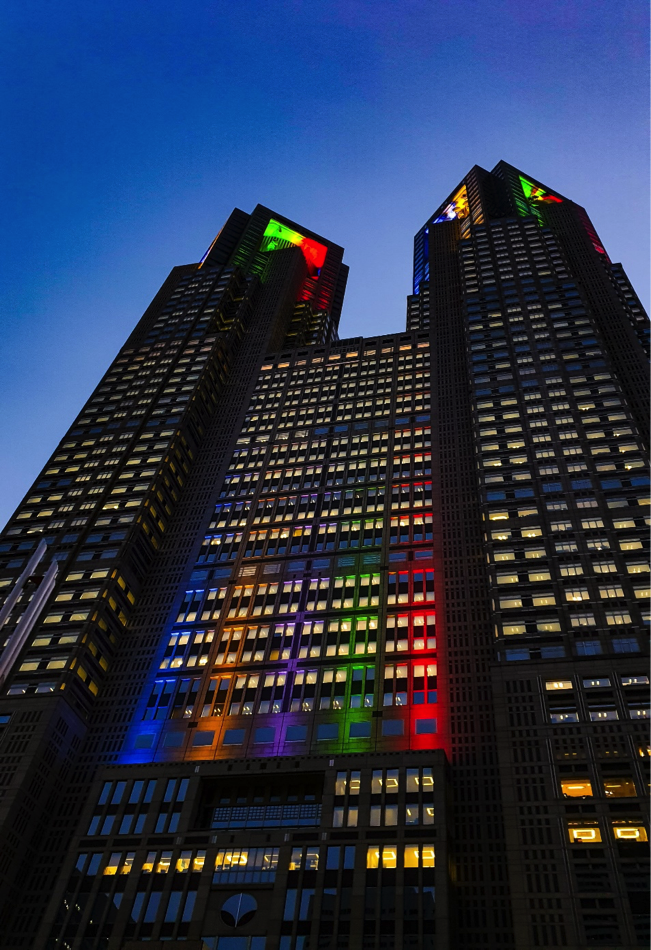
On Tuesday, October 8th 2019, the Supreme Court heard arguments for the first time regarding whether the federal laws that have banned employment discrimination on the basis of sex can also be applied to lesbian, gay, bisexual, transgender, and queer (LGBTQ) workers.
Essentially, the question that is now before the court is whether it is legal for LGBTQ workers to be fired or denied jobs on the basis of their sexual orientation and/or gender expression. Given recent social science scholarship documenting persistent patterns of discrimination against sexual and gender minority workers, it is hard to over-estimate the importance of a favorable ruling for current and future generations of LGBTQ-identifying working Americans.
A common goal in the existing literature on LGBTQ workers is to uncover mechanisms, such as hiring discrimination, that prevent LGBTQ workers from accessing or entering into certain jobs and occupations. Thus, much attention has been paid to the factors impeding LGBTQ workers’ access to certain jobs and occupations. A Supreme Court ruling making such discrimination illegal, many advocates say, would go a long way to addressing these disadvantages.
Our research suggests that banning discrimination for the hiring and promotion of LGBTQ workers may not act as the great equalizer many have hoped for. In a study of LGBTQ workers who already enjoy anti-discrimination protections, we find that those workers still face a myriad of biases in their workplaces on a day-to-day basis.
Continue Reading…